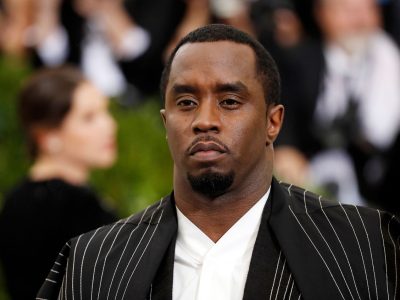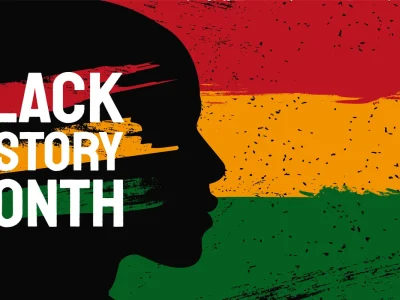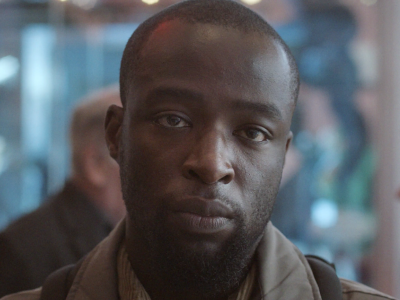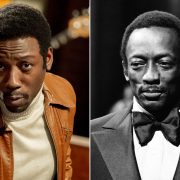As Black History Month (BHM) 2024 approaches, we face a critical moment. It highlights the exclusion of Black British history from our education system. BHM offers a vital opportunity to spotlight Black contributions and reclaim narratives often overlooked. We must embed Black British history in curricula throughout the year.
Some may argue that Black history deserves more than just a month. While I fully support the idea of BHM 365, I recognize that many see BHM as a starting point. It opens doors to Black British history and reveals remarkable contributions made by Black people in the UK and globally.
Reclaiming the Narrative in Education
The theme for BHM 2024 is “Reclaiming Narratives.” As an educator, I reflect on what narratives need reclamation in my field. How can I leverage my position in Further Education to foster long-term change?
In school, I learned little about Black British history. Most education focuses narrowly on slavery and the Civil Rights Movement. We must challenge this whitewashed version of British history. It fails to teach new generations about Britain’s colonial past and its global impact.
We can start reclaiming these narratives by introducing students to figures like the Ivory Bangle Lady, a woman of North African descent who lived in York over 1,600 years ago. We should also celebrate the Black Tudors who came from various parts of the world. These individuals were free in England, where their skills mattered more than their skin color.
Acknowledging Abolitionists and Cultural Figures
It is crucial to highlight Black British abolitionists from the 18th and 19th centuries. Figures like Mary Prince, Olaudah Equiano, and Ignatius Sancho should be included in lessons. Equiano was the first Black person to vote in Britain in 1777! We must also remember Pablo Fanque, a successful circus performer born in Norwich in 1796.
As we observe BHM, we need to challenge misconceptions. Some believe that achieving equitable educational environments is easy with just a teaching degree. However, many teacher training programs lack content on decolonizing classrooms. We must equip educators with the skills to support anti-racist practices. Achieving equity in education requires ongoing learning and a commitment to addressing systemic inequalities.
The Role of Educators in Reclaiming Narratives
As a Black woman and leader in UK education, I urge my fellow educators to embrace the “Reclaiming Narratives” theme. This is a chance to take crucial steps toward integrating authentic Black British history into our lessons. We must reject the notion that anti-racist education is unnecessary or should be limited to specific lessons.
To borrow from Cherron Inko-Tariah MBE, “Reclaiming Narratives is more than just a slogan—it’s an invitation.” It invites us to reshape how we tell Black stories and ensure Black voices are heard.
Celebrating Black British Contributions
Educational institutions should reimagine their curricula. We need to acknowledge the contributions of Black servicemen and women. For example, Seaman William Brown joined the Royal Navy under a man’s name, becoming the first known biological female to serve.
We should also teach about Sergeant William Robinson Clarke, one of Britain’s first Black pilots. As educators, we must increase our racial literacy and deepen our knowledge of Black British history.
Many of us are unaware of the “Forgotten Heroes” of WWI. For instance, around 15,000 Black Caribbean soldiers served in the war. My great-uncle was one of them. We must also recognize Black servicemen from WWII, like Billy Strachan and Sergeant Arthur Young, who contributed to the war effort.
The Impact of the Windrush Generation
Let’s redesign our curricula to include the Windrush Generation. Thousands came from the Caribbean to help rebuild the UK after WWII. They worked in manufacturing, public transport, and the NHS. My grandparents, Fitzgerald and Erma Alleyne, arrived from Barbados in 1955. They dedicated their lives to the NHS and British Transport.
It is my responsibility to tell their story and highlight their contributions. The education sector must ensure future generations are not subjected to distorted portrayals of Black British history.
Acknowledging Key Events
We must acknowledge significant events in British history, such as the 1958 Notting Hill Race Riots. Similar to recent unrest, these riots stemmed from racial intolerance and resource competition. Claudia Jones, the “Mother of Notting Hill Carnival,” launched the first Carnival in 1959 as a showcase for Caribbean talent.
Educators should inform students about key events in the British Civil Rights Movement. The Bristol Bus Boycott in 1963 aimed to end discrimination in hiring practices. This boycott coincided with Martin Luther King Jr.’s famous “I Have a Dream” speech, marking a pivotal moment in civil rights history.
A Call to Action
This BHM 2024, I commit to sharing my ancestors’ stories and elevating Black voices. I will spotlight trailblazers like:
- Margaret Busby, Britain’s youngest and first Black female book publisher
- Sir Trevor McDonald, the UK’s first Black news reporter
- Viv Anderson, the first Black British footballer to play for England in an international tournament
- The first four Black Members of Parliament: Diane Abbott, Bernie Grant, Paul Boateng, and Keith Vaz
I will celebrate pioneers like Naomi Campbell, the first Black model on the cover of French Vogue, and exceptional young Black men like Stormzy, Dave, Raheem Sterling, and Marcus Rashford. They are raising the bar for equitable environments for future generations.
Now is the time to reclaim narratives and reshape our educational landscape. Let’s ensure that Black British history is honored and embedded in our educational institutions. We must reclaim our histories with pride, tell our stories with conviction, and shine a light on those who paved the way. The time is now—let’s celebrate the depth and richness of Black British contributions not just for one month, but always

















